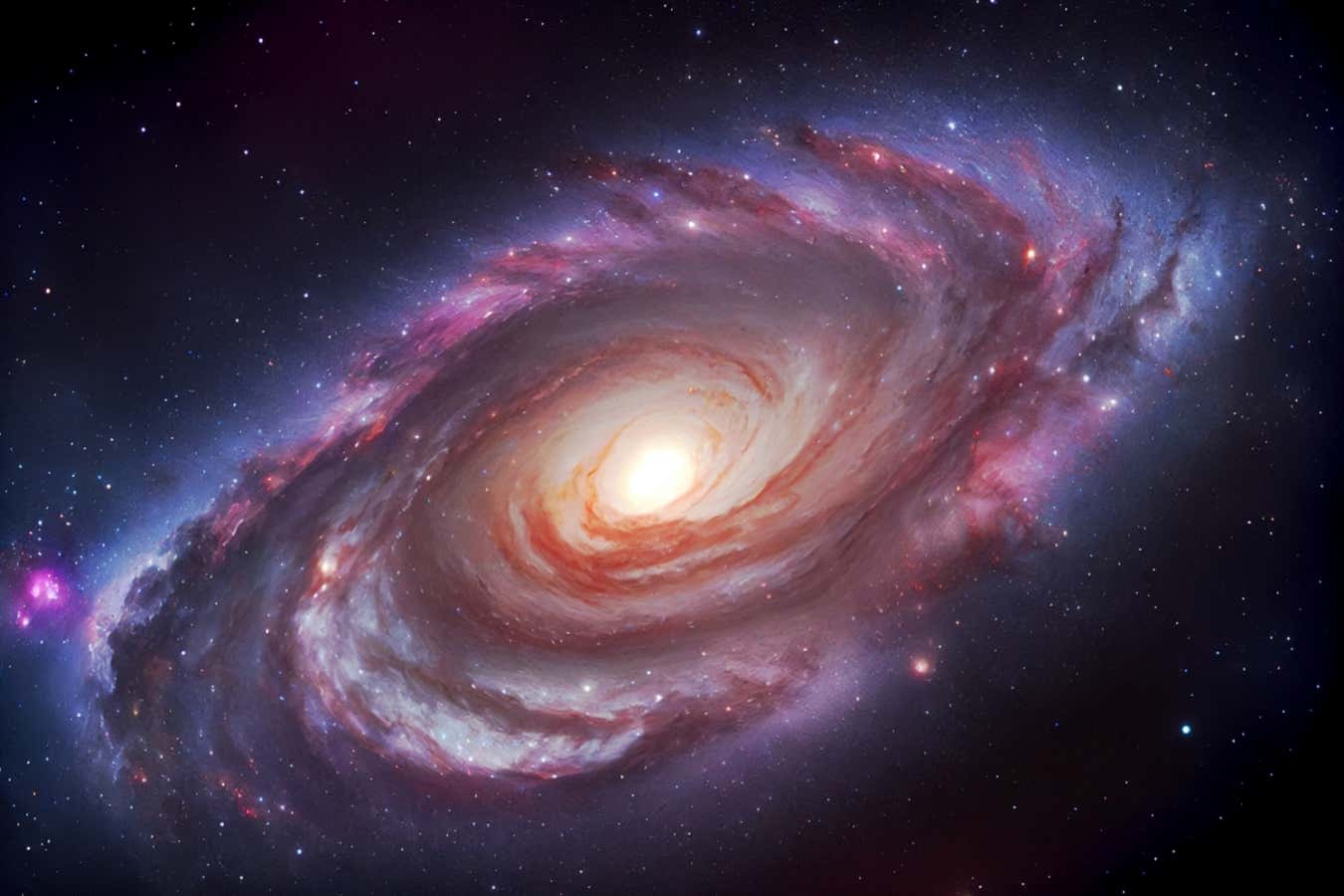“Between subatomic particles and the observable universe lies the scale of humanity within the vast cosmos of existence, a notion often expressed in terms of orders of magnitude. This concept suggests that humans occupy a middle ground between the minuscule realm of subatomic particles and the expansive reaches of the observable universe, symbolizing a balance between insignificance and enormity. While the absolute accuracy of this assertion may be debatable, its profound implications resonate on various levels. Each individual life can be perceived as a universe in itself, brimming with significance and boundless potential, yet simultaneously appearing trivial and fleeting when viewed from a different vantage point. This paradoxical duality of value presents unique creative and ethical possibilities worth exploring.
In the realm of fiction, I am intrigued by the narrative exploration of these opportunities, particularly in my novels, including In Ascension. Within these works, I juxtapose unconventional spatial and temporal perspectives with the everyday concerns of my characters, weaving themes of telescopic and microscopic observations, deep time contemplations, and the intricate life cycles of parasites and viruses. While my characters engage in mundane activities like eating, pacing between rooms, or grappling with personal anxieties, the narrative lens seamlessly shifts between the familiar and the alien, underscoring the dual nature of human existence—simultaneously infinite and infinitesimal, intimately connected to both the vast and the minuscule.
This narrative technique is not intended to diminish or ridicule the characters but rather to capture the essence of our paradoxical existence, where we straddle the realms of the immense and the minute with equal proximity to the grandiose and the minuscule. The convergence of divergent perspectives in storytelling can evoke a profound and unforgettable impact, akin to the transformative experience I had while reading Virginia Woolf’s To the Lighthouse as a teenager. Woolf’s masterful narrative manipulation, transitioning from the radiant consciousness of Mrs. Ramsay to the desolate emptiness of an abandoned house, vividly illustrated the fragile yet luminous nature of human consciousness, leaving an indelible impression of life’s fleeting impermanence.
Woolf’s thematic exploration of the fleeting nature of existence resonates deeply with me, especially against the backdrop of significant historical events and scientific advancements that reshaped humanity’s understanding of the universe’s vastness. Similarly, in In Ascension, the protagonist Leigh Hasenbosch, a microbiologist embarking on a space odyssey, confronts the stark realities of anthropocentrism and the minuteness of human existence in the cosmic expanse. As Leigh voyages into deep space and witnesses Earth’s diminution, her perspective transcends the narrow confines of human-centric narratives, prompting a profound reevaluation of her place in the universe.
Leigh’s introspective journey intertwines with her scientific quest for the origins of life, a pursuit fueled by the awe-inspiring improbability of life’s existence. Delving into her own past and pivotal life experiences, Leigh grapples with the dual narratives of the universal and the personal, recognizing that both scales are integral to her identity and purpose. In this intricate tapestry of existence, the boundaries between the cosmic and the intimate blur, highlighting the interconnectedness of all scales and narratives within the vast tapestry of the universe.”
